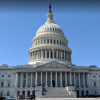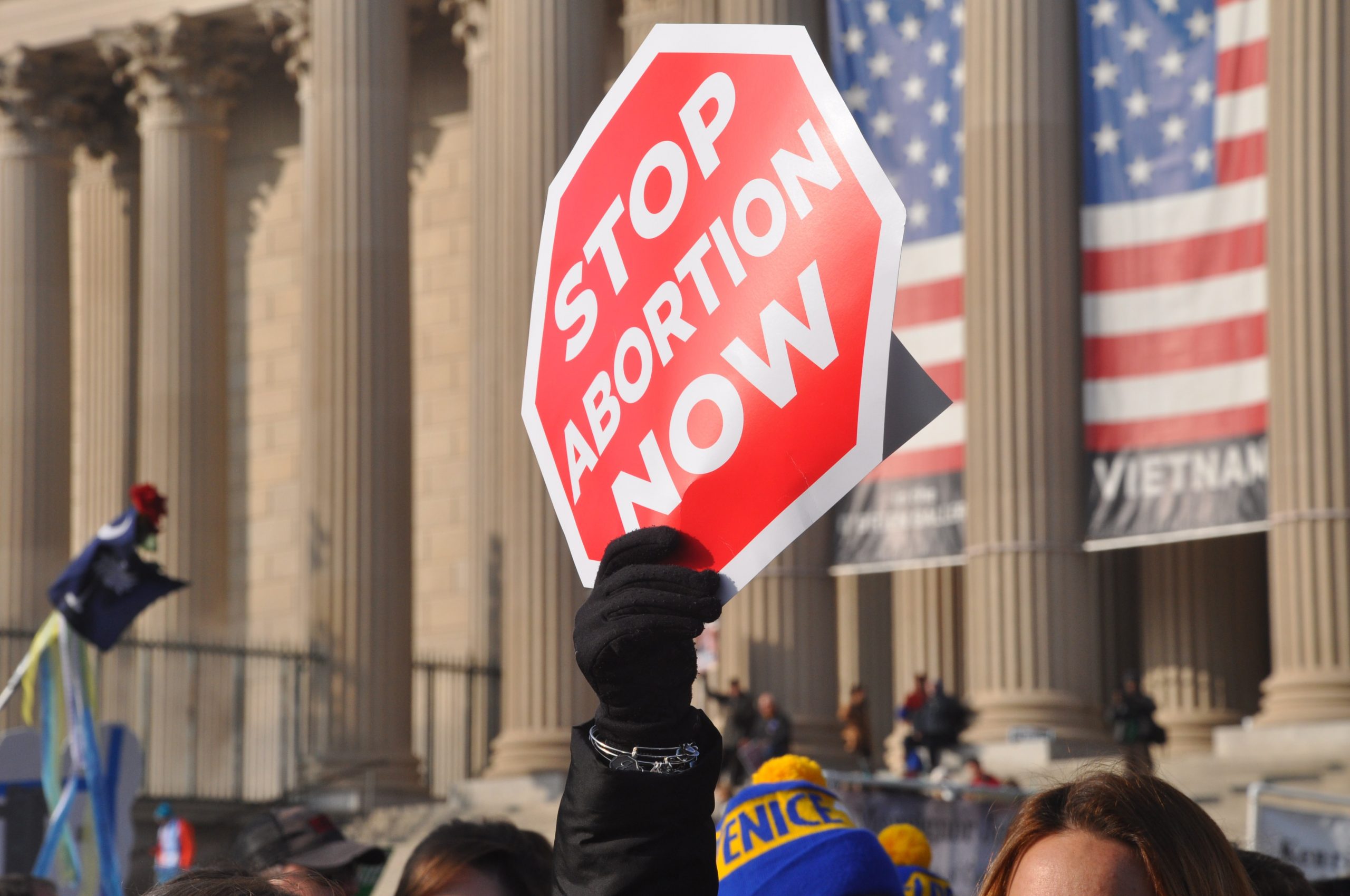Backers of a ballot measure to ban later abortion care in Colorado are following national trends within the anti-abortion movement of borrowing language from the Black Lives Matter movement and attempting to frame abortion access as a threat to racial justice.
Proposition 115, which Colorado voters will decide on in November, would ban abortion after 22 weeks of pregnancy, except in cases where an abortion is immediately necessary to save the life of the patient. The measure does not include any exceptions for rape, incest, fetal diagnosis, or the patient’s health.
On multiple occasions, the Prop. 115 campaign tweeted that ‘Womb Lives Matter,’ ‘Baby Lives Matter,’ in addition retweeting a post with the hashtag ‘All Lives Matter’:




In June and July, as a tsunami of Black Lives Matter protests were sweeping the country, some anti-abortion groups and activists attempted to paint murals that read “Black Preborn Lives Matter” or “Baby Lives Matter” in the streets, copying Black Lives Matter murals in D.C. and elsewhere.
The Prop. 115 campaign shared those efforts on Twitter, including retweeting a post that criticized the protests:


In a tweet from January, the campaign compared abortion to slavery:

In another retweet, the campaign shares an image of a fetus and quotes Martin Luther King Jr:

Another retweet from the campaign promotes the idea that the abortion of Black fetuses is a racial justice concern:

That sentiment is shared in an article from the anti-abortion website Lifenews.com entitled “Black Lives Matter Opposes Pro-Life Measure Banning Dismemberment Abortions,” which references Black Lives Matter 5280’s endorsement of the No on 115 campaign.
“The pro-late-term abortion stance from Black Lives Matter is especially concerning because of the disproportionate number of unborn Black babies who are aborted every year,” the article states.
“While abortions harm families of every race and culture, they disproportionately harm Black families,” it continues. “Statistics show that while Black Americans represent 13 percent of the U.S. population, they have 36 percent of all abortions. According to the Guttmacher Institute, the abortion rate among Black women is almost five times higher than it is among white women.”
In an interview with the Colorado Times Recorder, BLM 5280’s Dr. Apryl Alexander criticized the article, calling it “shallow in its analysis of why there might be disproportionate rate of Black women seeking abortions.”
“We know there’s disparities in the health care system with the way in which doctors often treat Black women, so that could be something that delays health care, delays appropriate health care, past that 22 week period,” Alexander said, adding that a lack of access to low-cost contraceptives and other reproductive health care services could also come into play.
Alexander explained that the organization’s endorsement of the No on 115 campaign was due to its belief in reproductive justice, a phrase that she said was “coined by Black feminists to bring attention to the disparities that are happening in our health care and our reproductive health care system for Black women.”
Prop. 115’s lack of exceptions for rape and incest is a key concern with the initiative, Alexander said, pointing out that Black women and Black LGBTQ people are disproportionately likely to face sexual violence.
And then there’s the lack of exceptions in cases where abortion would protect the mother’s health. Alexander emphasized that Black women are facing a crisis of maternal mortality in the United States, dying at staggeringly high rates from pregnancy complications.
The No on 115 campaign is endorsed by other reproductive justice advocates as well, including the national organization Sister Song and the local organization COLOR.
Proponents of Prop. 115 from Due Date Too Late and Vote Them a Voice did not return a request for comment.




